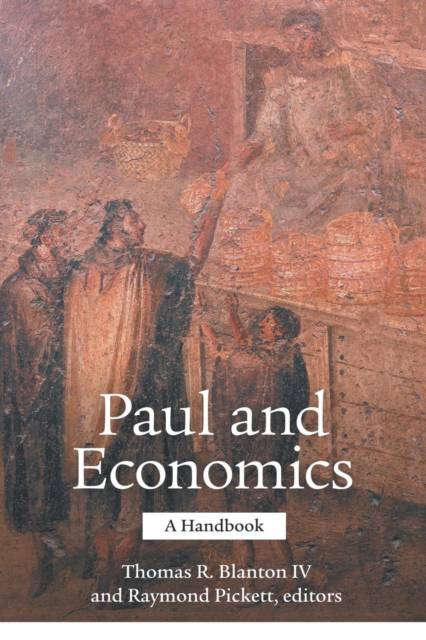
- Retrait gratuit dans votre magasin Club
- 7.000.000 titres dans notre catalogue
- Payer en toute sécurité
- Toujours un magasin près de chez vous
- Retrait gratuit dans votre magasin Club
- 7.000.000 titres dans notre catalogue
- Payer en toute sécurité
- Toujours un magasin près de chez vous
Description
The social context of Pauls mission and congregations has been the study of intense investigation for decades, but only in recent years have questions of economic realities and the relationship between rich and poor come to the forefront. In Paul and Economics, leading scholars address a variety of topics in contemporary discussion, including an overview of the Roman economy; the economic profile of Paul and of his communities, and stratification within them; architectural considerations regarding where they met; food and drink, idol meat, and the Lords Supper; material conditions of urban poverty; patronage; slavery; travel; gender and status; the collection for Jerusalem; and the role of Marxist theory and the question of political economy in Paul scholarship.
Spécifications
Parties prenantes
- Auteur(s) :
- Editeur:
Contenu
- Nombre de pages :
- 474
- Langue:
- Anglais
Caractéristiques
- EAN:
- 9781506406039
- Date de parution :
- 15-06-17
- Format:
- Livre broché
- Format numérique:
- Trade paperback (VS)
- Dimensions :
- 150 mm x 229 mm
- Poids :
- 725 g







